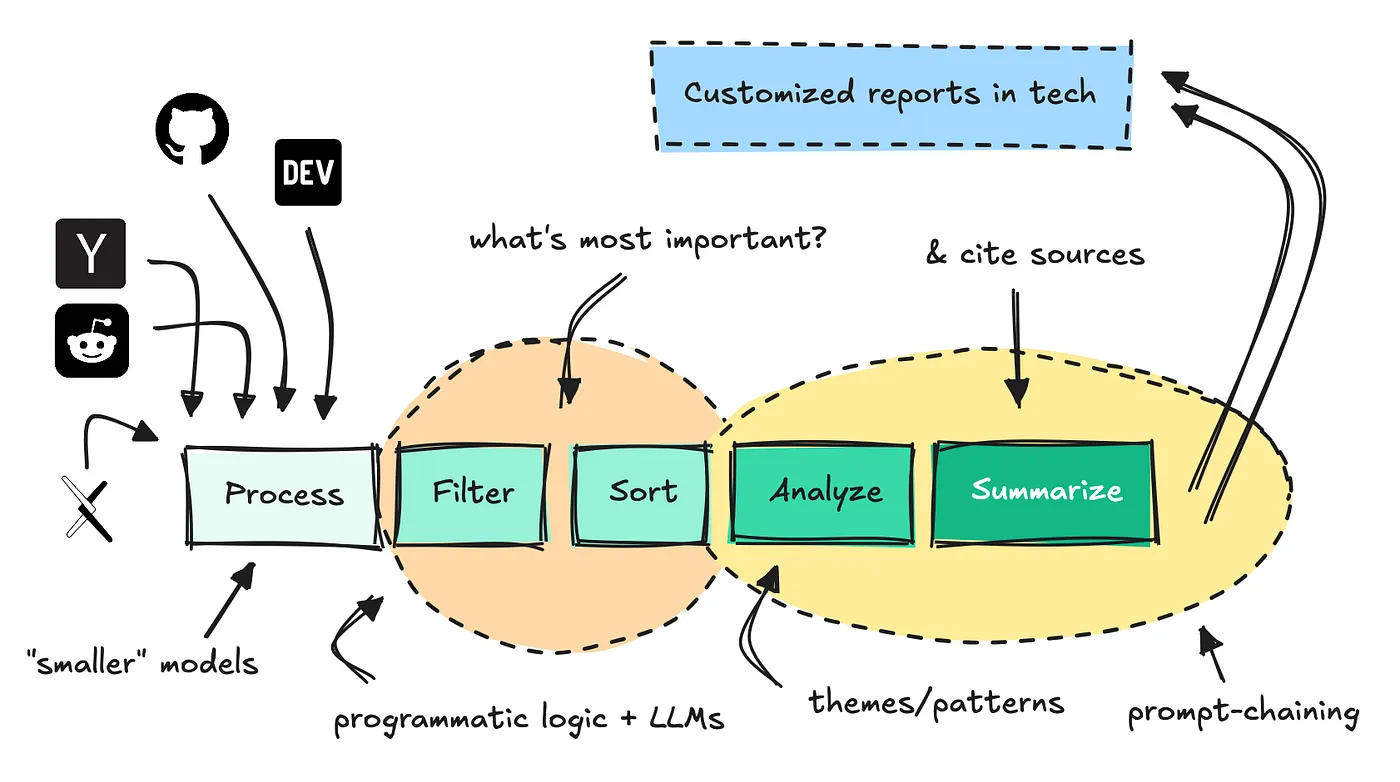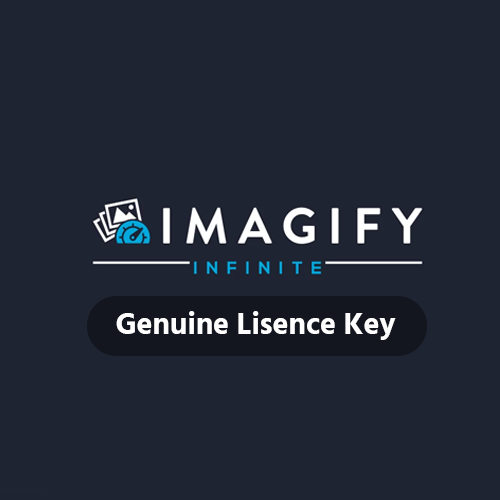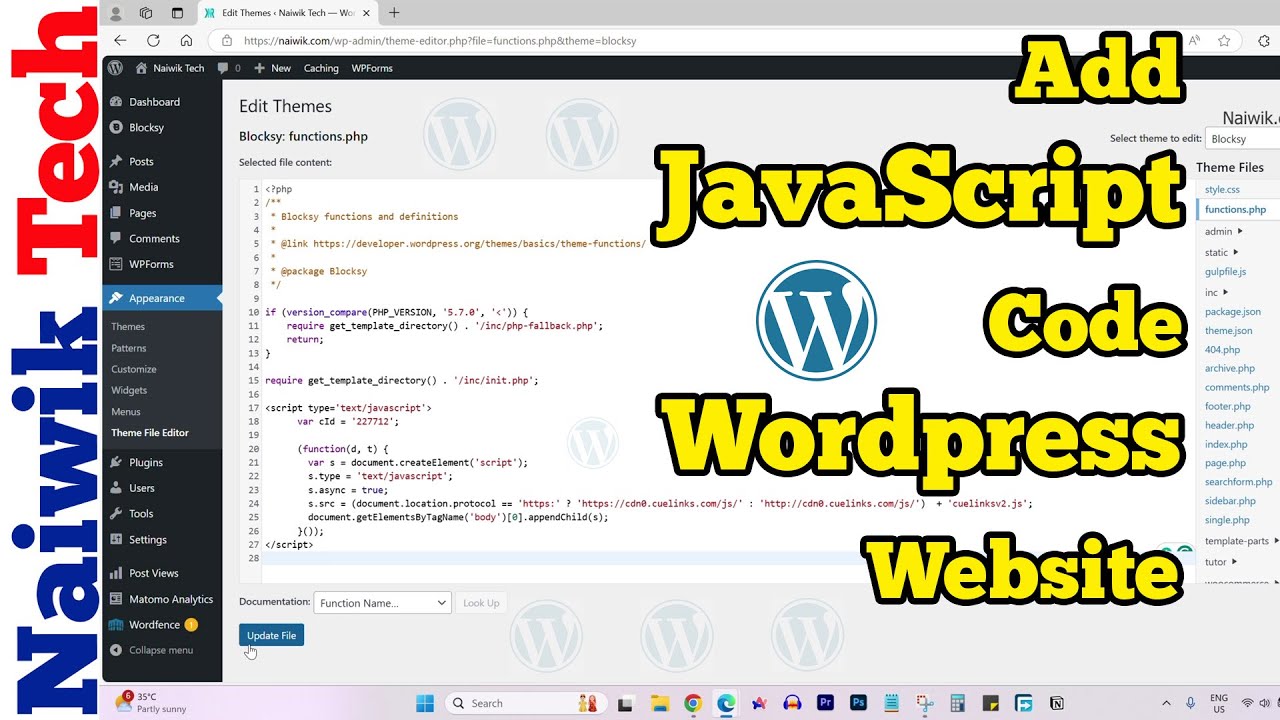Blog
Introduction to Research Agents in Technology
In today’s fast-paced digital landscape, gathering and analyzing technology insights can make a significant difference in informed decision-making. Organizations can harness the power of research agents to streamline their information acquisition processes. These intelligent tools not only save time but also enhance the depth of research, ensuring that businesses stay ahead of industry trends.
What are Research Agents?
Research agents are automated systems designed to collect, analyze, and summarize data from various sources. These systems can traverse vast amounts of online information, identifying relevant data points and trends. In the realm of technology, research agents can become invaluable assets, providing insights that aid in strategic planning and product development.
Why Use Research Agents?
The sheer volume of data available online can be overwhelming. Research agents simplify this process by filtering and organizing information efficiently. By leveraging these agents, organizations can:
- Enhance Efficiency: Automating research tasks frees up time for team members to focus on core responsibilities.
- Improve Accuracy: Advanced algorithms reduce the likelihood of human error in data collection and analysis.
- Stay Updated: Research agents can provide real-time insights, ensuring organizations are aware of the latest developments in technology.
Key Features of Effective Research Agents
To become an essential part of an organization’s strategy, research agents should include several key features:
1. Customization Options
The ability to tailor research agents to meet specific needs is crucial. Users should be able to set parameters for the information they seek, such as topic focus, preferred data sources, and frequency of updates. This customization ensures that the information gathered is relevant and actionable.
2. Data Aggregation
An effective research agent should compile data from multiple sources. This includes online publications, academic journals, blogs, and social media, providing a comprehensive view of the technology landscape. By consolidating diverse sources, the agent can present a more holistic picture.
3. Natural Language Processing (NLP)
NLP capabilities allow research agents to understand and interpret human language. This feature can enhance data analysis by enabling agents to extract insights from unstructured data, such as articles and reports. As a result, stakeholders receive more nuanced information that can lead to better decision-making.
4. Real-Time Monitoring
Technology evolves rapidly, and so does the information surrounding it. Research agents equipped with real-time monitoring capabilities can alert users to new developments instantly. This timely feedback is particularly useful for organizations looking to capitalize on emerging trends or innovations.
Implementation Strategies for Research Agents
Integrating research agents into an organization’s workflow requires thoughtful planning and execution. Here are some essential strategies to consider:
1. Define Objectives
Before implementing a research agent, organizations should clearly define their research objectives. Understand what information is most valuable and how it will impact decision-making. Establishing specific goals helps in selecting the right tools and features.
2. Choose the Right Tools
With numerous research agents available, it’s essential to evaluate and select one that aligns with the organization’s needs. Consider factors such as ease of use, customization capabilities, and the ability to integrate with existing technologies. Conducting trials can be beneficial in making the right choice.
3. Train Your Team
Even the best tools are ineffective if users do not know how to utilize them. Provide adequate training for team members to optimize the use of research agents. Empowering staff to leverage these tools ensures maximum benefits for the organization.
4. Monitor Performance
Post-implementation, it’s crucial to continuously monitor the performance of research agents. Analyze the quality of insights being generated and make adjustments as necessary. Feedback loops are essential for refining and enhancing the tool’s effectiveness.
Challenges of Utilizing Research Agents
While research agents offer substantial benefits, several challenges may arise:
Data Quality
Not all information found online is reliable or valid. Organizations must remain vigilant about the sources from which research agents collect data. Implementing a system for assessing data quality will help mitigate potential misinformation.
Cost Considerations
Investing in advanced research agent technology can entail significant expenses. Organizations should conduct a cost-benefit analysis to evaluate whether the expected returns justify the investment. This assessment can guide decisions regarding budget allocation.
Technological Limitations
Research agents, like any technology, have limitations. They may struggle with ambiguous queries or miss contextual nuances in data. Organizations should remain aware of these limitations and maintain a human element in their research processes for more thorough evaluations.
Future of Research Agents in Technology
As technology continues to advance, so too will the capabilities of research agents. Emerging trends, such as artificial intelligence and machine learning, will refine the tools, making them smarter and more intuitive. Their roles in business strategy will likely expand, leading organizations to rely on these agents as critical components of their operations.
Emphasizing Human-AI Collaboration
The future will not just be about replacing human researchers with agents; rather, it will revolve around collaboration. Human expertise, combined with the analytical power of research agents, can unlock unparalleled insights. Organizations should focus on fostering a symbiotic relationship between technology and human intelligence for optimal results.
Conclusion
Research agents represent a transformative tool in the quest for tech insights. Their ability to automate data collection, enhance research accuracy, and deliver timely information can propel organizations forward in a competitive landscape. By understanding their features, implementing them effectively, and navigating potential challenges, companies can harness the full potential of research agents to drive innovation and growth in the technology sector.
Elementor Pro
In stock
PixelYourSite Pro
In stock
Rank Math Pro
In stock

















